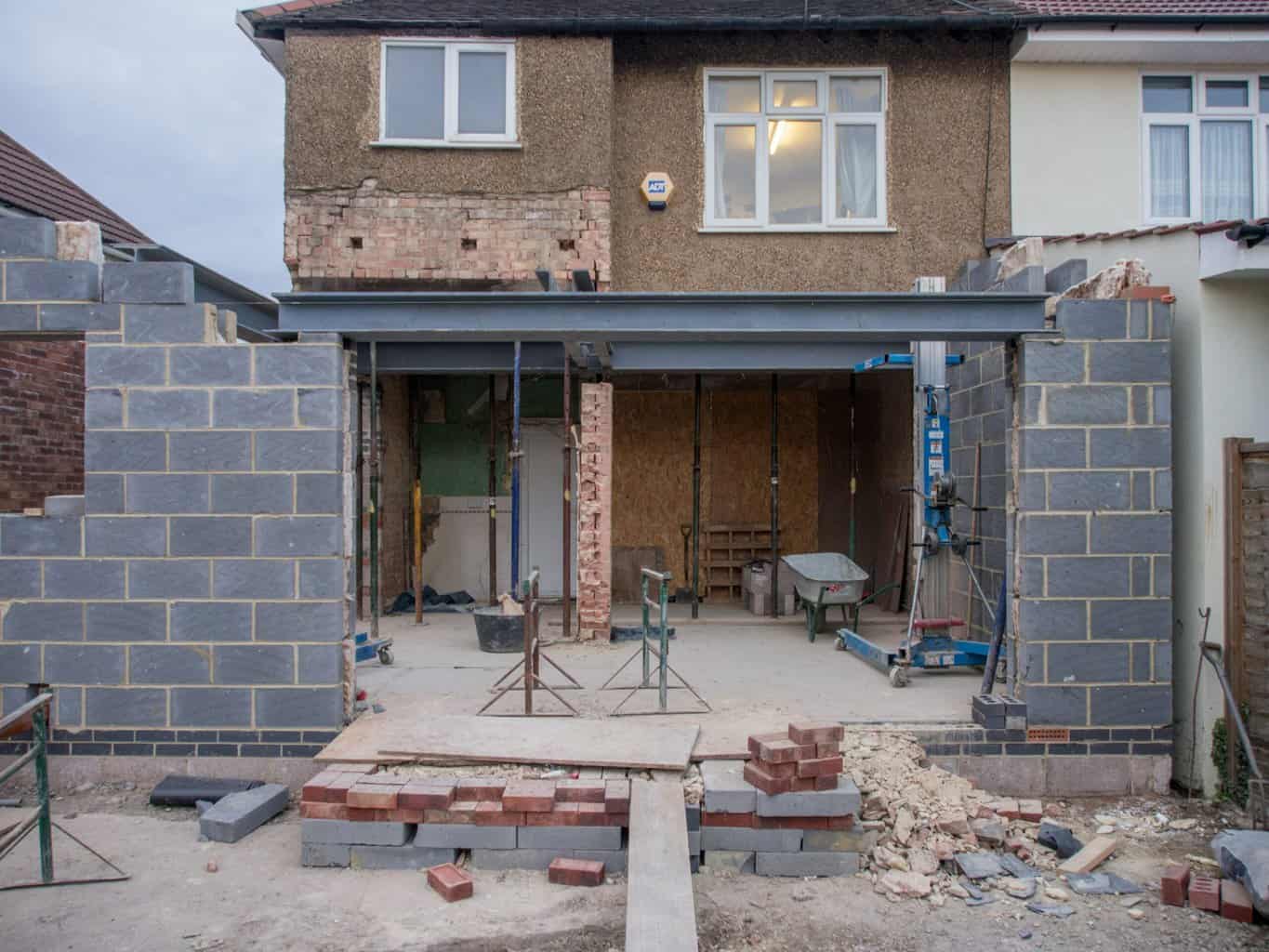
Over time, weather elements and general wear and tear can take a toll on your brickwork. If you notice cracks or crumbles in your , it’s time to consider repointing or even replacing your bricks.
Repointing involves removing the deteriorated mortar and replacing it with fresh mortar, to restore the structural integrity of the brickwork. On the other hand, replacement occurs when the damage to your brickwork is beyond repair. Below are 10 signs your brickwork may require repointing or replacing.
Cracked or Damaged Bricks
Contents
Cracks, chips, or crumbled surfaces on your bricks are a sign that you need to repoint or replace. Damaged bricks can affect the stability of your brickwork. It’s crucial to inspect your brickwork and keep an eye out for cracks or damages.
Look for visible chips or pieces that are flaking away, also called spalling. It’s a clear indication that the bricks have deteriorated and may no longer provide the necessary support for your structure. Spalling weakens the bricks’ strength and compromises its overall durability and appearance. Repoint or replace them to ensure that your bricks remain sturdy and secure for a long time.
Loose or Crumbling Mortar
Loose or cracking mortar is a signal that your brickwork requires maintenance. Mortar keeps the bricks together, and its integrity is vital for the stability and durability of your brickwork. Pay close attention to areas where the mortar appears loose, cracked, or crumbling when inspecting the mortar joints between the bricks.
Exposure to the elements, temperature variations, and constant use can all cause the mortar to deteriorate over time. As a result, the bond between the bricks weakens, compromising the overall strength of the construction.
The deteriorated mortar is then removed through repointing and is replaced with fresh mortar. This not only strengthens the mortar joints, but also restores its stability and longevity. It also prevents further damage, such as water infiltration, by sealing any gaps or cracks in the mortar.
Excessive Moss or Plant Growth
Excessive moss or plant growth on brickwork indicates moisture retention, causing significant damage over time. Moss roots can penetrate cracks and crevices, causing deterioration and pressure on mortar joints. The freeze-thaw cycle also contributes to this issue. Addressing moisture issues is crucial to prevent future growth and preserve brickwork integrity.
Water Infiltration
Damaged mortar joints cause water to seep into gaps, compromising stability and causing deterioration. To address this issue, repointing is essential. This process involves replacing damaged mortar with fresh mortar, creating a durable barrier against water intrusion. Repointing seals gaps, prevents water seeping, and enhances the brickwork’s appearance.
Addressing water infiltration promptly is crucial to mitigate potential structural issues and protect the brickwork and interior of your property. You can find out more about the extent of damage and determine appropriate repointing solutions by Seeking professional assistance.
Uneven or Bulging Bricks
Uneven or bulging bricks indicate structural movement within the brickwork, caused by factors like foundation settling, moisture damage, or inadequate construction. Depending on the severity of the bulging, the bricks can be reconstructed by replacing damaged mortar with fresh mortar, realigning and securing bricks, and distributing loads more evenly.
Excessive Gaps in Mortar Joints
Excessive gaps in mortar joints compromise the structural integrity of the structure. These gaps weaken the bond between bricks, exposing them to risks such as lack of support, moisture infiltration, and insulation issues.
Wide gaps can cause mold growth, efflorescence, and degradation of bricks. Additionally, freezing and thawing cycles can exacerbate the damage. To address these issues, repointing is necessary, which involves replacing deteriorated or missing mortar with fresh mortar.
Engage experienced professionals to assess the damage, select appropriate mortar mixtures, and perform the repointing process accurately. Regular inspections and timely repairs can help maintain the durability, aesthetics, and value of your property.
Fading or Discoloration
Fading or discoloration of brickwork occurs due to factors, including aging, environmental factors, and water damage. Aging causes bricks to lose their original color, while environmental factors like high air pollution and excessive moisture can cause dirt and grime buildup. Water damage, on the other hand, can cause discoloration and leave behind mineral deposits called efflorescence.
Sagging or Leaning Brickwork
Sagging or leaning brickwork is a sign of structural instability and should be addressed immediately to prevent further damage. Causes can include inadequate foundation support, moisture or water damage, weakened mortar joints, or improper construction techniques.
To rectify the issue, a professional brick repair specialist will assess the damage, remove damaged bricks, install new bricks, and reinforcing the area with additional supports. Repointing the mortar joints ensures they are strong, properly aligned, and support the structure effectively.
Endnote
Recognizing signs of brickwork needing repointing or replacement is crucial for maintaining structural integrity and aesthetic appeal. Inspecting brickwork closely for deterioration, cracks, and water damage helps make informed decisions. Repointing is effective for minor mortar issues and extends brickwork’s lifespan. If severe damage or underlying structural issues are present, brick replacement may be the best choice for long-term stability and safety.